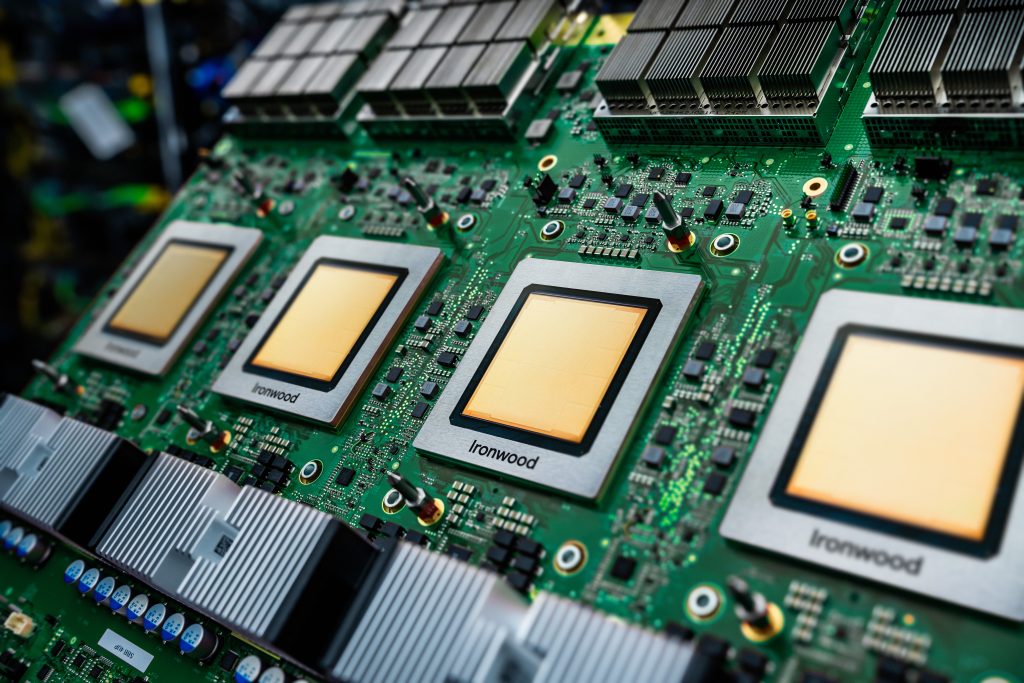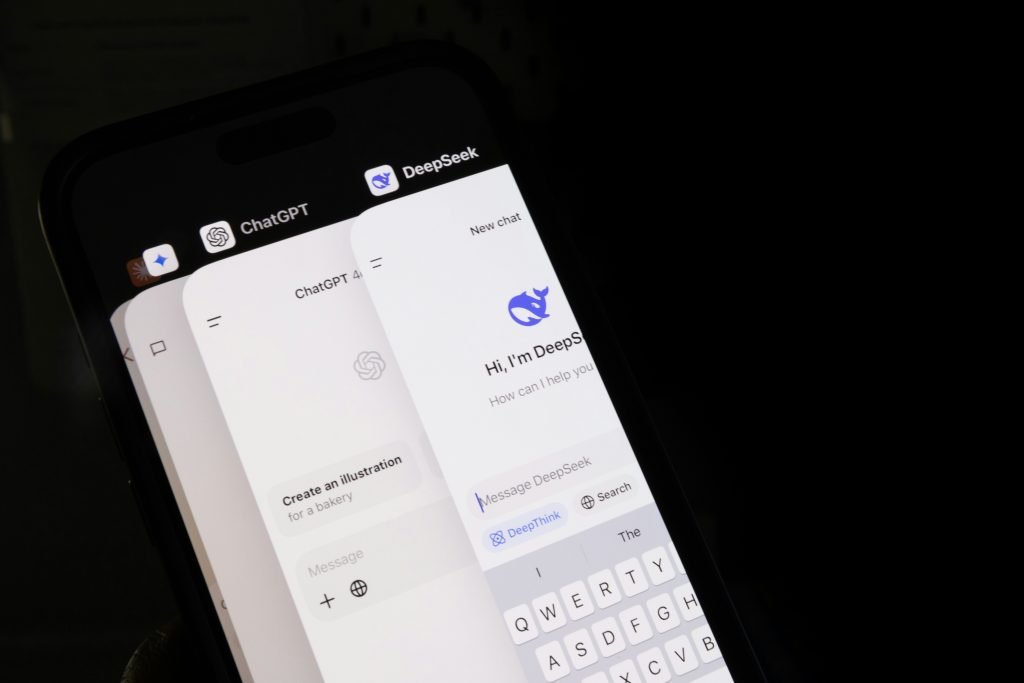The Indonesian government is making good on its insistence that foreign technology companies invest in the country, with bans on new Google and Apple handsets being sold in the country.
The Indonesian Ministry of Industry has said that Google’s Pixel phones can’t be bought by Indonesians from domestic retailers because the US company does not ensure 40% of their ‘content’ comes from Indonesia. Content can comprise firmware or some form of investment in the local population, as well as the physical components of a phone. Spokesperson Ministry Febri Hendri Antoni Arief said, “The local content rule and related policies are made for fairness for all investors that invest in Indonesia, and for creating added value and deepening the industry structure here.”
The most recent ban follows on from a similar limit on sales of Apple’s iPhone 16 placed in late October this year. Both bans also apply to phones used by tourists and visitors to the country.
Apple iPhone and Google Pixel ban
Apple had promised to invest $109 million in local infrastructure, including educational initiatives, but to date has only committed $95 million. According to Statista, $109 million is accrued in revenue by the Cupertino, California-based company roughly every ten hours, with the required shortfall of $14 million taking about an hour and a quarter’s global income.
Apple Academies – Apple’s choice of Indonesian investment – train students in the use of development tools and methods used to produce software for the company’s devices that run iOS, macOS, tvOS and iPadOS.
Companies wishing to sell their consumer tech devices have to seek certification from the Indonesian government, having proved that they are ploughing money into the local economy. How that investment is manifest is agreed between the Indonesian authorities and the company in question.
Korea’s Samsung and China’s Xiaomi have created manufacturing and assembly plants in Indonesia, and currently, Samsung holds 16.5% of the Indonesian handset market. Mi phones from Xiaomi comprise 18.4%, according to statistics from Counterpoint.
As part of the same survey, Counterpoint’s senior analyst, Febriman Abdillah, stated that there is particular demand in Indonesia for mid-range phones ($200-$399) at present, a bracket that excludes Google and Apple’s offerings other than as luxury items.
The Indonesian government implements its embargoes by means of withholding IMEI certifications for new handsets. That has the effect of making phones impossible to use with a domestic carrier for data, calls or texts. Phones could still operate as wi-fi-only devices – potentially an option for tourists entering Indonesia with a new device. Given the strictures in place at present, however, the government’s edicts have effectively stopped all sales to the domestic market.
Both Apple and Google can still qualify for the necessary certifications to re-open trade in the country, but at the time of writing, neither company had commented on the developing situation. Apple’s Tim Cook visited Indonesia in April 2024 as part of the negotiations over Apple’s inbound investment, but the company’s shortfall means that it, like Google, exists in a state of limbo with regards handset sales. Google’s ban comes just days after that affecting Apple, showing that the Indonesian government is sticking to the letter of its edicts, even if US technology companies are not.








